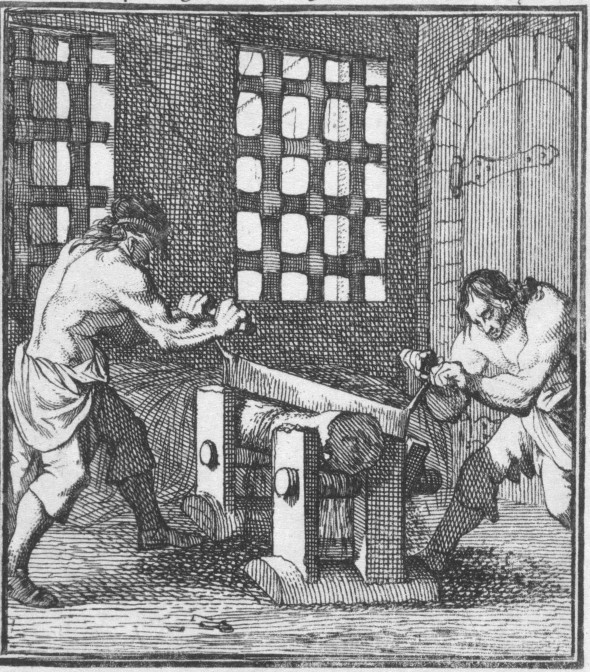My client wanted me to find interesting stories about her ancestors. Normally, that would have me scouring newspapers and court records, but only after I find the basic information about birth, marriages and death. The civil registration records are not the first place you would think to look for interesting stories, but sometimes they will give you the first hint.
I found the date and place of birth of one of her ancestors in the extract of his birth record in the marriage supplements. A less thorough researcher might have been content with that, but since I know that original records may provide more information and be more accurate than an extract, I consulted a scan of the original birth record.
On the original birth record, it stated that the informant was the midwife, because the father was in jail. Now there’s a story to follow up on!

Forced labor, by Casper Luyken, 1711. Credits: Rijksmuseum (Public Domain)


While looking for the birth/baptismal record of an ancestor in a French online archive I found the record of a child whose father was an unknown soldier who had raped the mother. I’ve seen many children with unknown fathers but never with this kind of additional information!
I had an experience with a civil registry record being the gateway to a very interesting story. It concerned a young man who died in debtor’s prison in Utrecht, only months after the introduction of the Civil Registry in the northern part of th Netherlands in 1811. Looking for the prison population register, I found that he died of starvation, because no one looked after him. His death was reason to review prison procedures. From the official inquest and report it became clear that in these uncertain political times, government stopped functioning properly.